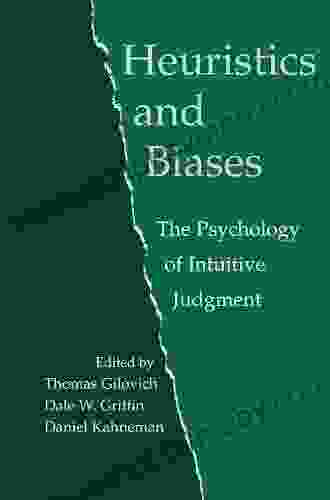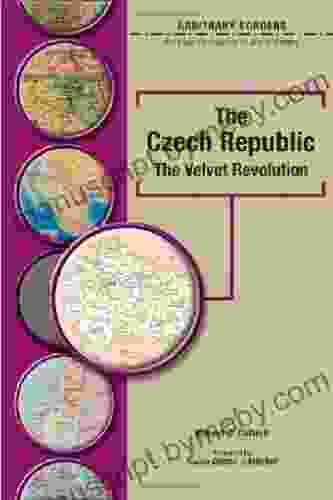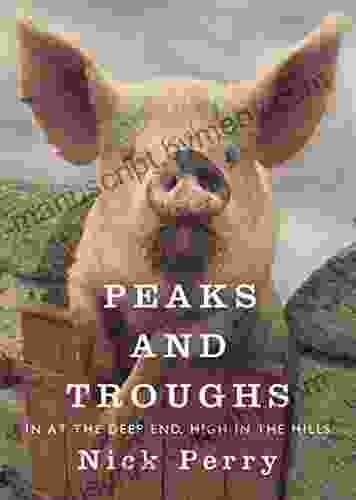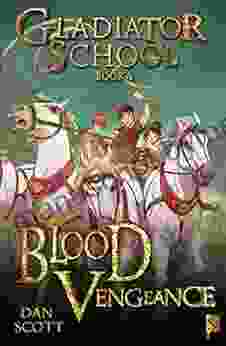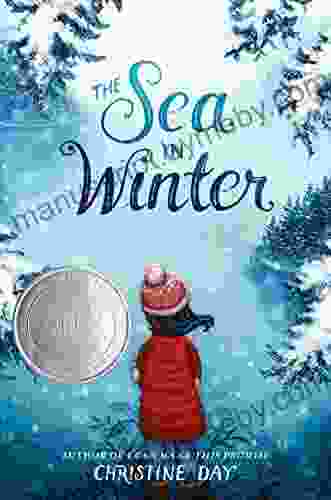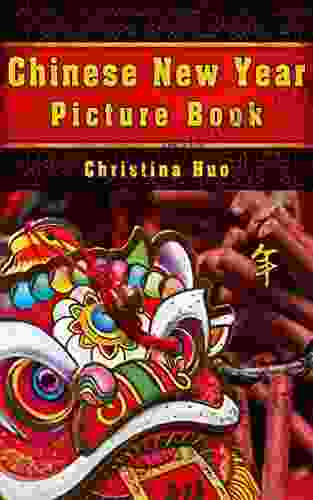The Psychology of Intuitive Judgment: Unlocking the Power of Your Subconscious

In an ever-evolving world where information bombards us from all sides, the ability to make quick and effective decisions is paramount. While logical reasoning and analytical thinking have long been hailed as the pillars of sound judgment, recent research has shed light on the remarkable role of our subconscious minds in the decision-making process. The Psychology of Intuitive Judgment delves deep into this fascinating realm, offering a comprehensive exploration of the nature, development, and practical applications of intuitive judgment.
Understanding the Nature of Intuitive Judgment
Intuitive judgment, often referred to as "gut instinct" or "sixth sense," is a cognitive process that bypasses conscious deliberation and analysis. It involves relying on subconscious cues, stored experiences, and emotional responses to make rapid decisions or form judgments. Unlike logical reasoning, which follows a step-by-step process of weighing evidence and considering alternatives, intuitive judgment often occurs spontaneously and effortlessly.
4.6 out of 5
| Language | : | English |
| Text-to-Speech | : | Enabled |
| Enhanced typesetting | : | Enabled |
| Word Wise | : | Enabled |
| Print length | : | 881 pages |
| File size | : | 11226 KB |
| Screen Reader | : | Supported |
Research suggests that intuitive judgment draws upon a vast network of neural pathways connecting the subconscious mind to the conscious mind. These pathways allow for the rapid retrieval of information, pattern recognition, and the integration of emotional and cognitive processes. As a result, intuitive judgments can be both highly accurate and efficient, particularly in situations where time is of the essence or information is scarce.
The Development of Intuitive Judgment
While intuition is often perceived as an innate ability, the development of intuitive judgment is a multifaceted process that begins in early childhood. Infants and young children rely heavily on intuitive cues to navigate their environment and make decisions. As they grow older, their conscious reasoning abilities develop, and they learn to balance logical and intuitive thinking.
However, research has shown that the development of intuitive judgment does not end in childhood. Throughout adolescence and adulthood, experiences, education, and training can shape and enhance intuitive abilities. Exposure to diverse environments, the cultivation of self-awareness, and the practice of mindfulness can all contribute to the development of a strong and reliable intuitive compass.
The Practical Applications of Intuitive Judgment
The Psychology of Intuitive Judgment goes beyond theoretical exploration to provide practical insights into the applications of intuitive judgment in various aspects of life. From personal decision-making to professional problem-solving, intuitive thinking plays a significant role in shaping our choices and outcomes.
In the realm of personal decision-making, intuitive judgments can help us navigate complex social situations, understand our emotional needs, and make choices aligned with our values. Whether it's selecting a life partner, pursuing a career, or making financial investments, intuitive guidance can provide valuable insights that complement logical analysis.
In the professional world, intuitive judgment is essential for leaders, innovators, and entrepreneurs. It enables quick and creative problem-solving, the ability to anticipate market trends, and the capacity to make bold decisions in the face of uncertainty. By harnessing their intuitive abilities, professionals can gain a competitive edge and achieve greater success.
The Role of Emotion and Cognition in Intuitive Judgment
One of the key insights emerging from the study of intuitive judgment is the intricate relationship between emotion and cognition. While intuitive judgments are often thought of as purely emotional or subjective, research has shown that they are also deeply rooted in cognitive processes.
Subconscious processing, pattern recognition, and the integration of past experiences all play a role in shaping intuitive judgments. However, emotions also exert a significant influence. Emotional cues, such as facial expressions, body language, and tone of voice, can trigger intuitive responses that guide our decisions and judgments.
Understanding the interplay between emotion and cognition is crucial for developing a balanced approach to intuitive judgment. By acknowledging the role of both logical reasoning and emotional intuition, we can make more informed and effective decisions that align with our values and goals.
Harnessing the Power of Intuitive Judgment
While intuitive judgment is a natural ability, it can be cultivated and enhanced through practice and self-awareness. Here are some practical tips for harnessing the power of your intuitive judgment:
- Develop self-awareness: Pay attention to your thoughts, feelings, and bodily sensations to become more attuned to your intuitive cues.
- Trust your gut: When an intuitive hunch or a gut feeling arises, don't dismiss it out of hand. Consider it carefully and see if it resonates with your values and experiences.
- Practice mindfulness: Mindfulness techniques can help you connect with your subconscious mind and become more aware of your intuitive thoughts and feelings.
- Seek diverse perspectives: Surround yourself with people who have different perspectives and experiences. This can help you broaden your understanding of situations and make more informed intuitive judgments.
- Cultivate creativity: Creative activities, such as art, music, or writing, can help you access your subconscious mind and develop your intuitive abilities.
The Psychology of Intuitive Judgment is an invaluable resource for anyone seeking to understand and harness the power of their intuitive abilities. By exploring the nature, development, and practical applications of intuitive judgment, this book provides a comprehensive guide to making wiser decisions, solving problems effectively, and living a more fulfilling life.
Whether you are a student, a professional, or simply someone curious about the workings of the human mind, The Psychology of Intuitive Judgment will empower you with the knowledge and tools you need to unlock the secrets of your subconscious and make the most of your intuitive abilities.
4.6 out of 5
| Language | : | English |
| Text-to-Speech | : | Enabled |
| Enhanced typesetting | : | Enabled |
| Word Wise | : | Enabled |
| Print length | : | 881 pages |
| File size | : | 11226 KB |
| Screen Reader | : | Supported |
Do you want to contribute by writing guest posts on this blog?
Please contact us and send us a resume of previous articles that you have written.
 Book
Book Novel
Novel Page
Page Chapter
Chapter Text
Text Story
Story Genre
Genre Reader
Reader Library
Library Paperback
Paperback E-book
E-book Magazine
Magazine Newspaper
Newspaper Paragraph
Paragraph Sentence
Sentence Bookmark
Bookmark Shelf
Shelf Glossary
Glossary Bibliography
Bibliography Foreword
Foreword Preface
Preface Synopsis
Synopsis Annotation
Annotation Footnote
Footnote Manuscript
Manuscript Scroll
Scroll Codex
Codex Tome
Tome Bestseller
Bestseller Classics
Classics Library card
Library card Narrative
Narrative Biography
Biography Autobiography
Autobiography Memoir
Memoir Reference
Reference Encyclopedia
Encyclopedia Rich Rousseau
Rich Rousseau Darby Penney
Darby Penney Dan R Lynch
Dan R Lynch Daniel Tammet
Daniel Tammet Akihisa Ikeda
Akihisa Ikeda Danielle Wright
Danielle Wright Dan Wakefield
Dan Wakefield Liam Long
Liam Long Dan Hicks
Dan Hicks Daniel Dell Uomo
Daniel Dell Uomo Terry Deary
Terry Deary Dana Adams Schmidt
Dana Adams Schmidt Dan Hanna
Dan Hanna Gwen Mckee
Gwen Mckee Kit Yarrow
Kit Yarrow Genie Reads
Genie Reads Daniel A Sjursen
Daniel A Sjursen Than Merrill
Than Merrill Daniel C Dennett
Daniel C Dennett Barbara De Angelis
Barbara De Angelis
Light bulbAdvertise smarter! Our strategic ad space ensures maximum exposure. Reserve your spot today!
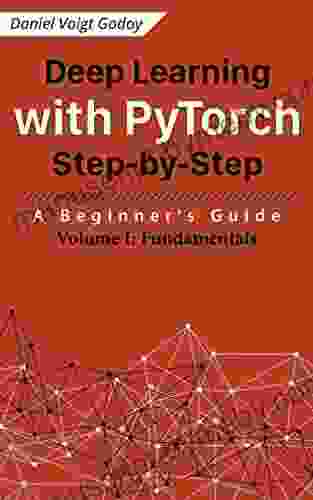
 Jeffrey CoxBeginner's Guide to Unlocking Your True Potential: A Transformative Journey...
Jeffrey CoxBeginner's Guide to Unlocking Your True Potential: A Transformative Journey... E.E. CummingsFollow ·7.7k
E.E. CummingsFollow ·7.7k Julio CortázarFollow ·17.7k
Julio CortázarFollow ·17.7k Mario BenedettiFollow ·15k
Mario BenedettiFollow ·15k Gerald BellFollow ·4.7k
Gerald BellFollow ·4.7k Branden SimmonsFollow ·9.3k
Branden SimmonsFollow ·9.3k W. Somerset MaughamFollow ·10.5k
W. Somerset MaughamFollow ·10.5k Gerald ParkerFollow ·13.6k
Gerald ParkerFollow ·13.6k Patrick RothfussFollow ·12.7k
Patrick RothfussFollow ·12.7k
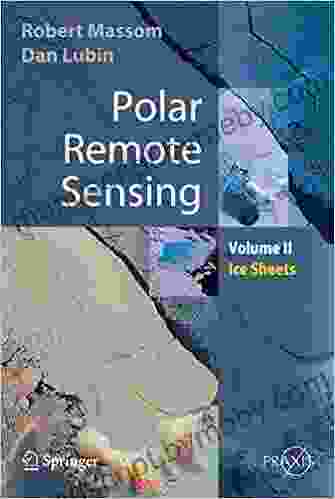
 James Joyce
James JoyceUnveiling the Secrets of Ice Sheets: A Comprehensive...
Ice sheets, vast blankets of ice that cover...
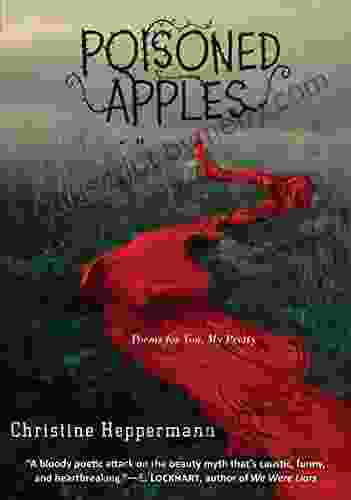
 Thomas Pynchon
Thomas PynchonPoisoned Apples: Poems For You My Pretty
A collection of dark...
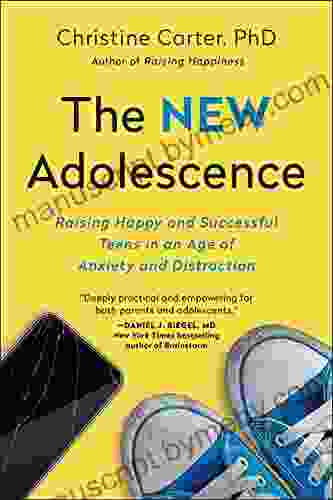
 Howard Blair
Howard BlairRaising Happy and Successful Teens in An Age of Anxiety...
Unlocking Evidence-Based Strategies for...
4.6 out of 5
| Language | : | English |
| Text-to-Speech | : | Enabled |
| Enhanced typesetting | : | Enabled |
| Word Wise | : | Enabled |
| Print length | : | 881 pages |
| File size | : | 11226 KB |
| Screen Reader | : | Supported |


